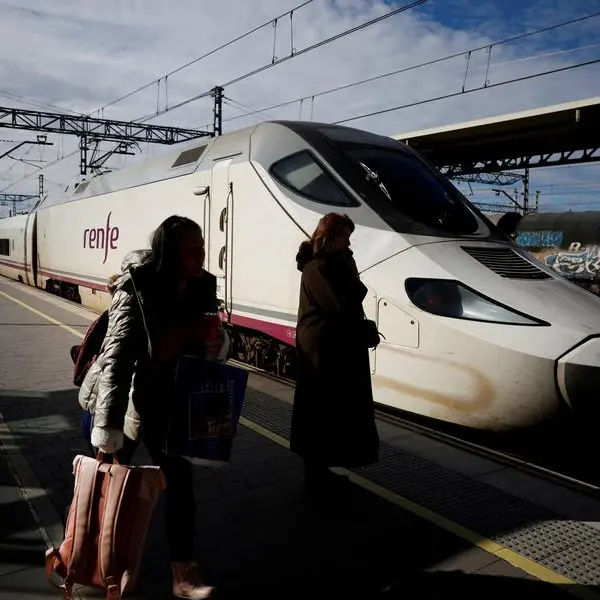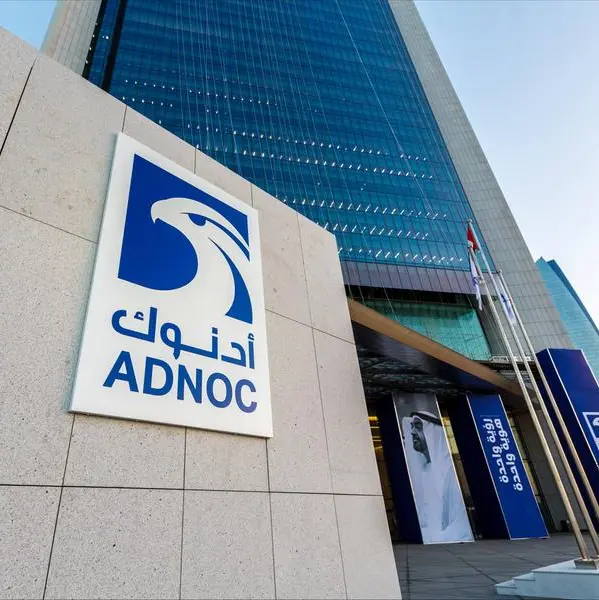Doha - With water demand in Qatar growing by an annual average of 10.6 percent over the past 11 years and expected to reach about 902 million cubic metres in 2025, the Qatar General Electricity and Water Corporation (Kahramaa) has launched major initiatives to achieve water security in the country, says its president Eng Essa bin Hilal Al Kuwari.
Water consumption in Qatar rose to 535 million cubic metres in 2015 from 195 million cubic metres in 2005. "Qatar is known for its scarcity of renewable water resources and during the last decade pressure on water resources has increased significantly, due to Natural climatic conditions, population increase, and intended level of agricultural and industrial development," said Al Kuwari, addressing the Water Security Forum at Qatar University recently.
"If business-as-usual water management practices continue without change, we will face serious and structural threats to our economic growth, human well-being, and national security," he added.
Al Kuwari said that to mitigate the above impacts Kahramaa is improving the efficiency of use of water resources to support high standards of living for current and future generations by promoting competition, trade and investment, new regulation and strengthening demand management for water resources.
"Water security system in Qatar means every person has enough safe, affordable water to lead a clean, healthy and productive life. Kahramaa has developed its water system where there is an improved quality of life for all, as increasing water security has become a development imperative," said Al Kuwari,
Kahramaa provides very high quality and reliable water supply with 100 percent open access to water supply and 99.8 percent coverage by Kahramaa water networks.
"While efficiency on the demand side is important in order to reduce water use, more efficiency can be achieved by improving public supply networks and Kahramaa has reduced its network leaks (Real Losses) to below 5 percent and total Non-Revenue Water Losses to about 19 percent with a target of 10 percent for its Non-Revenue Water Losses by 2018," said Al Kuwari.
For enforcing and maintaining water security in Qatar, Kahramaa has launched five major initiatives: Construction of its Mega Reservoirs project to add the needed strategic storage capacities for normal and emergency conditions; Recharging of the undergrounds aquifer fields (Northern and Southern Fields); Starting the three-dimensional water monitoring alert system using remotely operated underwater vehicles (ROVs) on reservoir, to maintain the Water Quality in Existing and New Mega Reservoirs; Equipping the existing underground water reservoirs with solar power to rum its pumps in emergency cases; Installation of sensors for radiation monitoring at the entrances of desalination plants on the sea sides.
"Desalination plants have evolved rapidly during the last two decades to extract fresh water from the sea. Currently, approximately 150 countries rely on desalination to meet their fresh water requirements. Therefore developing efficient technologies and scalable infrastructure to meet potable water demands is therefore among the main priorities of Qatar and GCC governments," said Al Kawari.
The winners of the ORYX GTL Student Awards 2016 were honoured at the forum. The pioneering awards celebrate the achievements of the five recently-graduated Masters and PhD students - four of whom are Qataris - along with their dissertation advisers.
The winners are: Dhabia M. Al-Mohannadi - Pursuing a PhD at Texas A&M University, with a focus on sustainable design and process integration; Jassim Al Mejali - Recently graduated with a first class honours Masters in Material Science and Technology from Qatar University; Tejvir Singh - Pursuing a PhD in Sustainable Energy at Hamad Bin Khalifa University; Saad Ali Al-Sobhi - Recently obtained a PhD from the University of Waterloo, with a focus on natural gas processes; Yousef Al-Jaber - Recently obtained an Executive Masters in Energy and Resources from Hamad Bin Khalifa University in Partnership with Georgetown University, Texas A&M University and HEC Paris.
"The brightest minds in Qatar will spearhead the country's mission to become a knowledge economy by 2030. These awards are a crucial step in recognizing that Qatar is on the right path and will succeed," said Dr Hassan Rashid Al Derham, President of Qatar University.
© The Peninsula 2016




















